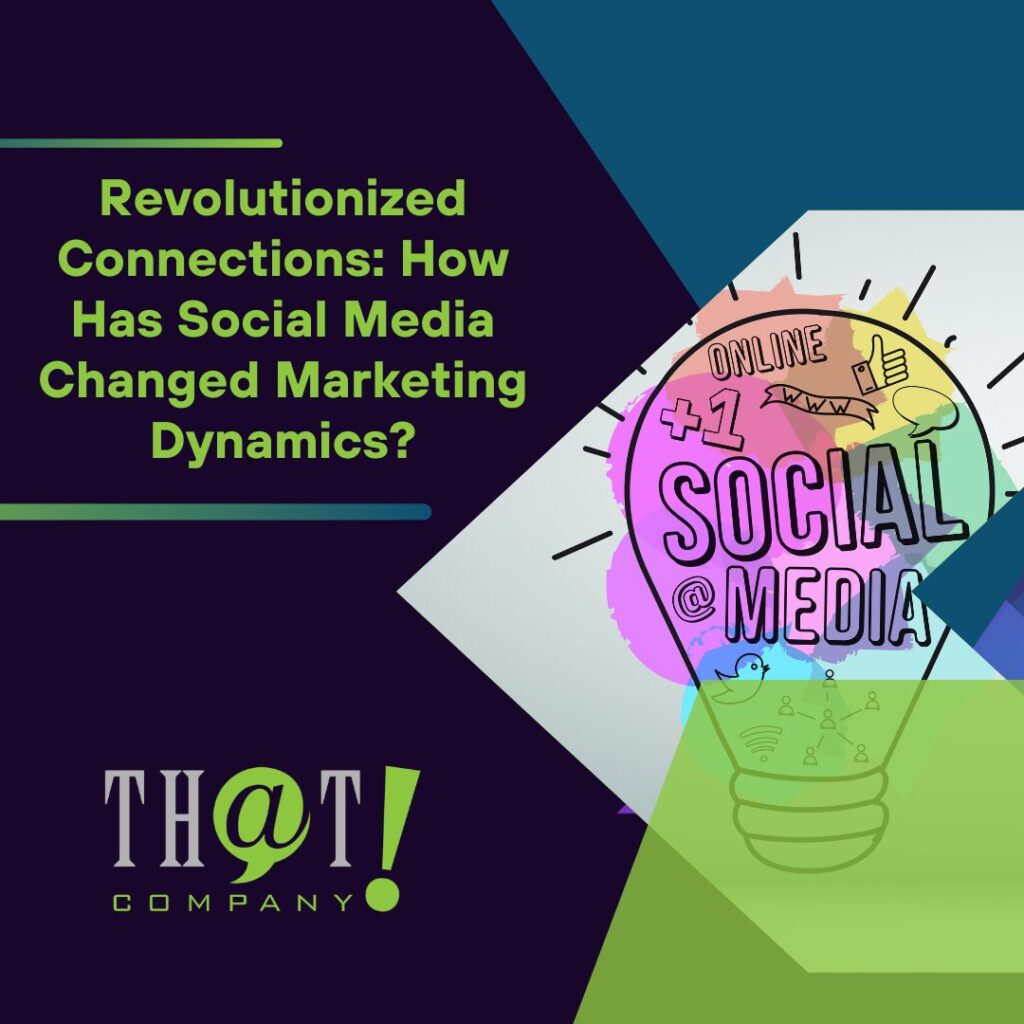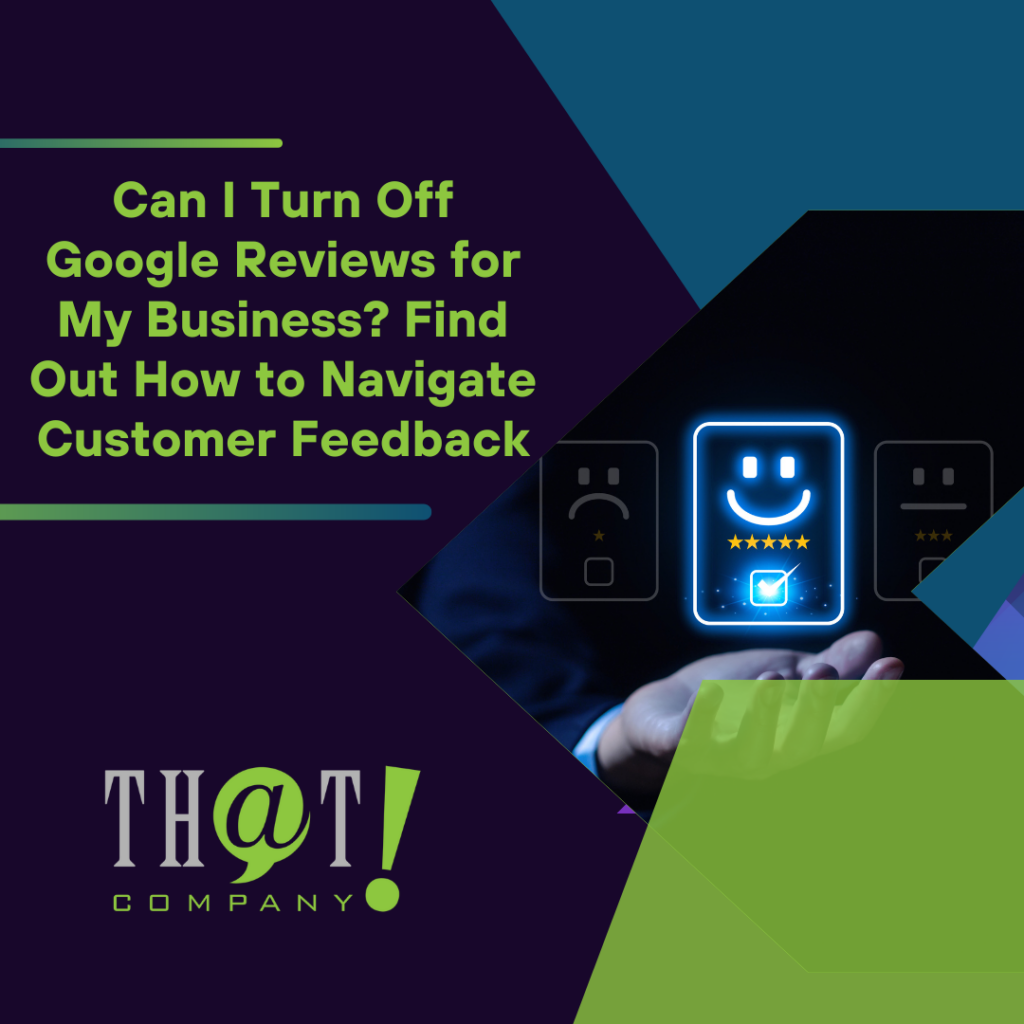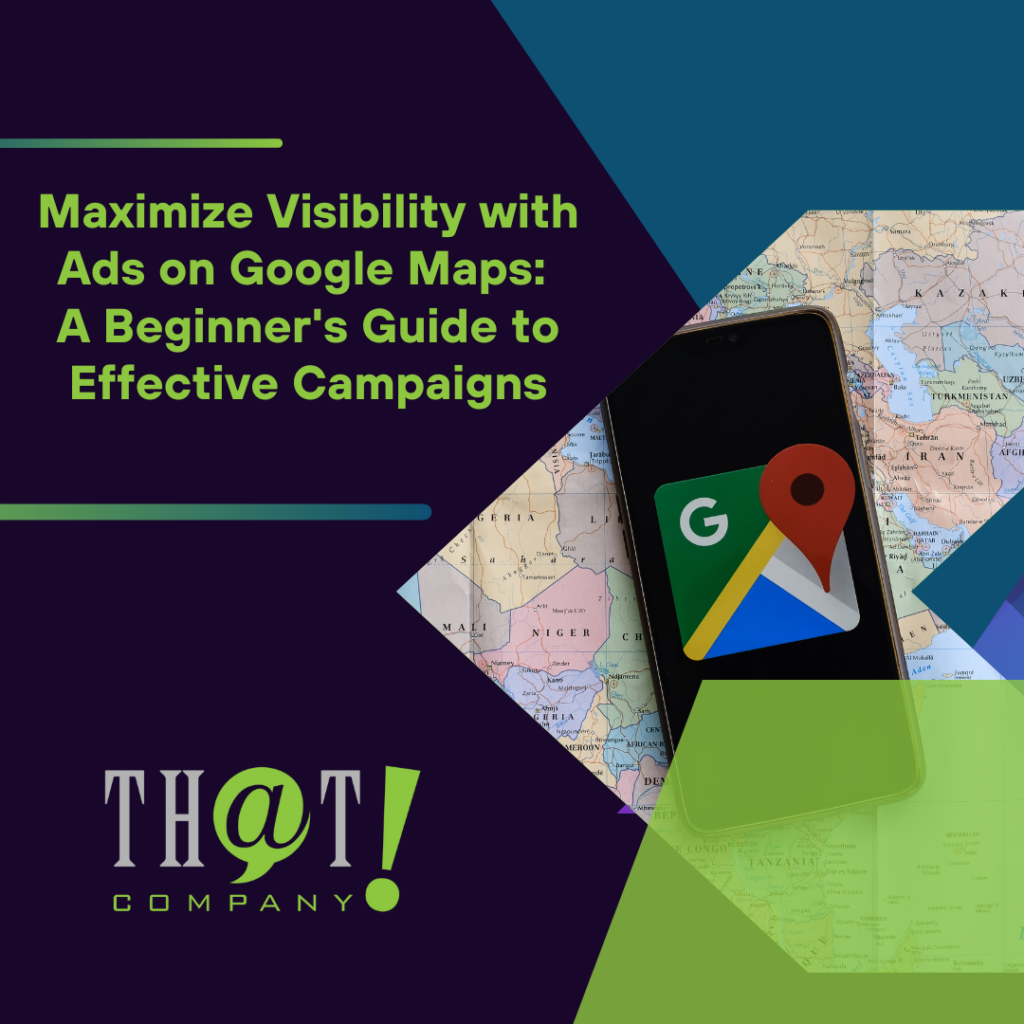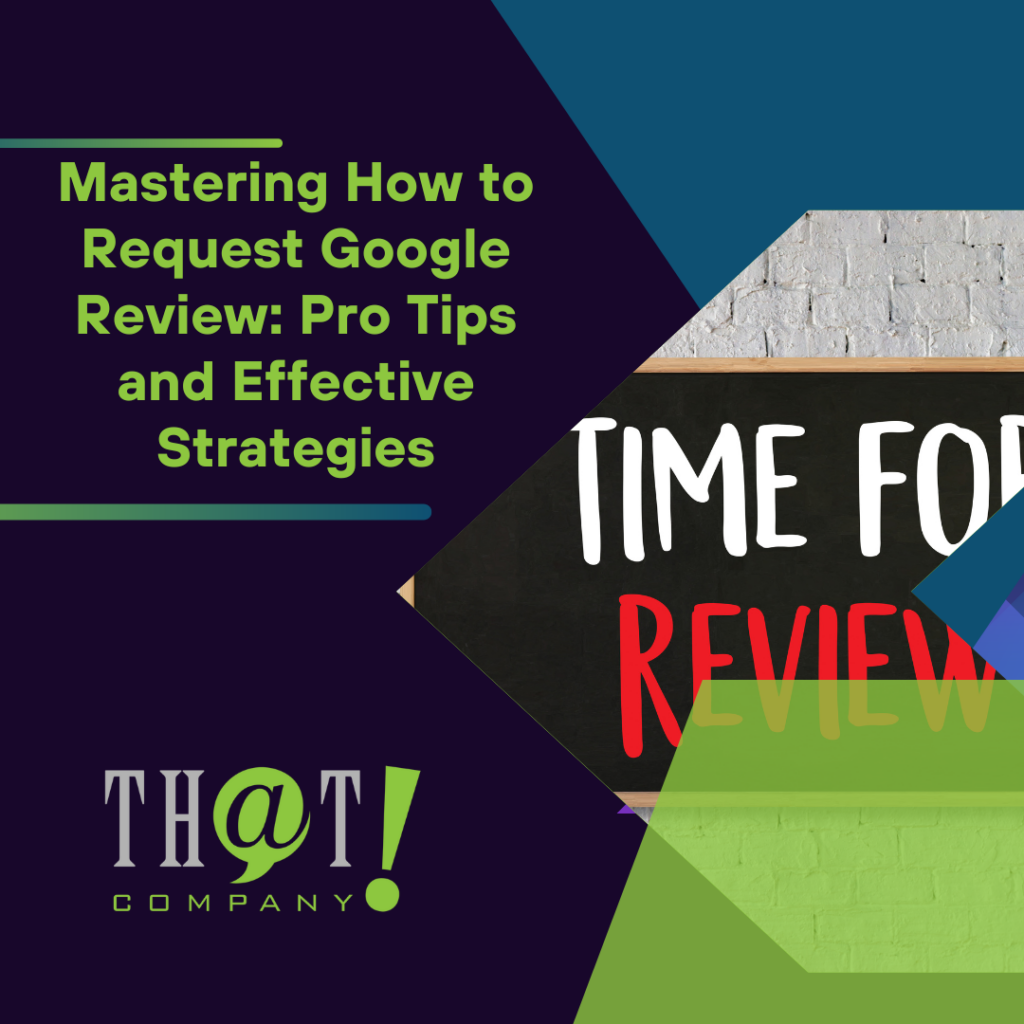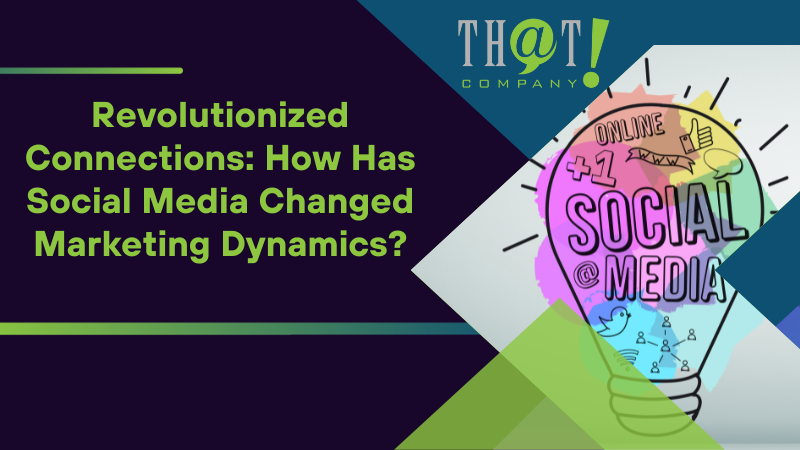
Asking how social media changed marketing’ unveils a metamorphosis from monologue to dialogue in customer engagement. This article breaks down that transformation, highlighting the tools and trends that catapult marketing into the social media age—without the fluff. Anticipate insights on targeted advertising, influencer partnerships, and the newfound power of user-generated content as we trace the reimagining of marketing in a socially connected world.
Key Takeaways
- Social media has drastically changed marketing, favoring personalized, interactive communication over traditional advertising and offering superior targeting capabilities and cost-effectiveness.
- Influencer marketing, particularly with micro-influencers, has become a powerful strategy, introducing more authentic and relatable endorsements through long-term partnerships.
- The future of social media marketing shines brightly with emerging trends and technologies, such as AI, AR, and VR, that promise to further enhance user engagement and customer experiences.
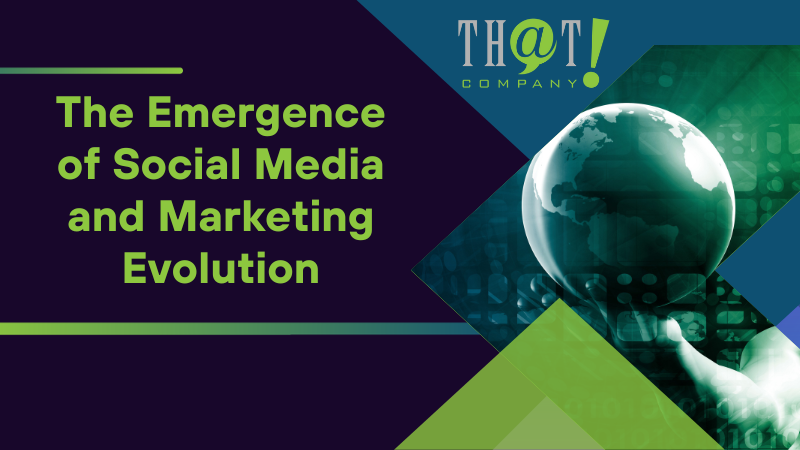
The Emergence of Social Media and Marketing Evolution
The advent of social media has transformed the marketing landscape, shifting the focus from traditional methods like TV, radio, and print media to dynamic, interactive strategies that leverage online platforms. Social media changed marketing by providing a golden opportunity for visibility and direct communication with audiences. With the exponential growth of social media users, businesses have realized the power of this medium for engaging with their target customers and how social media marketing has changed how they approach their marketing strategies.
Consequently, the landscape of Internet marketing has experienced a profound shift, fundamentally changing the way businesses operate.
The Shift from Traditional to Digital Marketing
In the early days of marketing, businesses primarily relied on traditional media such as TV, newspapers, and radio for advertising. However, with the emergence of social media, a new era of digital marketing was ushered in. The exciting benefits of digital marketing over traditional methods include:
- More engaging content
- Cost-effectiveness
- Wider reach
- Easy measurement
- Targeted advertising
- Lower costs
- Greater return on investment
As the digital landscape continues to evolve, innovative solutions like white label digital marketing provide businesses with customizable and efficient strategies to navigate the online realm. These solutions empower companies to stay ahead in the competitive digital space, ensuring a dynamic and impactful online presence.”
Presently, various social media platforms such as Facebook, Instagram, and Twitter have made social media advertising a prominent marketing method, offering businesses targeted ad opportunities to reach their desired audience through their social media accounts, using social media ads. These platforms enable the creation of effective social media advertising campaigns, contributing to their overall social media marketing efforts.
Proliferation of Social Media Platforms
From the launch of LinkedIn, Facebook, and Twitter to the rise of Instagram, Snapchat, and TikTok, the evolution and proliferation of social media and other social platforms have been phenomenal. These platforms have transformed how businesses approach their target audience, enabling them to create more personalized and engaging content, thus increasing social media engagement.
Different social media platforms boasting diverse market shares – Facebook at 63.64%, YouTube at 27.01%, and Instagram at 11.42% – provide businesses with numerous avenues to craft tailored marketing campaigns that resonate with their audience’s interests and preferences, enhancing their social media presence.

Enhanced Targeting Capabilities and Personalization
The power of social media extends beyond the sheer number of users—the real magic lies in social media platforms’ targeting capabilities and personalization. Demographic and psychographic targeting in social media marketing allows businesses to tailor their ads and messages to specific audience criteria, effectively reaching their target audience.
Additionally, personalized marketing tools enable businesses to curate experiences tailored to customers’ unique preferences, behaviors, and needs, increasing engagement, conversion rates, and revenue.
Demographic and Psychographic Targeting
Demographic targeting allows businesses to select specific demographic criteria and display ads to their ideal audience. Businesses can target their desired audience more effectively by tailoring content based on common characteristics such as:
- Age
- Location
- Language
- Interests
On the other hand, psychographic targeting goes a step further, considering qualitative factors like beliefs and interests, which allows for creating content that resonates with the audience’s lifestyles and values, leading to deeper connections and better engagement.
Customized Marketing Messages
In social media marketing, a one-size-fits-all approach doesn’t work. Tailored marketing messages facilitate a more personal connection between businesses and their audience. Here are some strategies to consider:
- Craft personalized messages
- Utilize customer data
- Create dynamic content
- Leverage social media analytics
By implementing these strategies, businesses can balance promotional messages and authentic content that reflects the brand’s voice.
This personal touch makes customers feel valued and leads to higher engagement and increased brand loyalty.
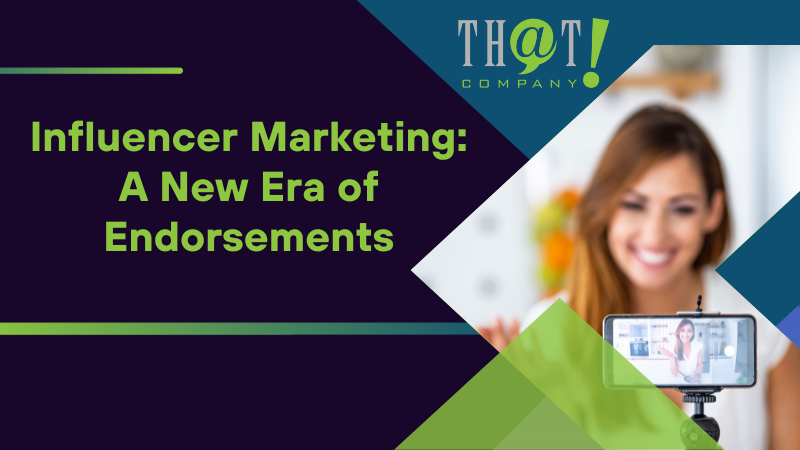
Influencer Marketing: A New Era of Endorsements
Influencer marketing has become a formidable strategy in the social media sphere, signifying a new era of endorsements. By leveraging influencers’ reach and trust with their audiences, businesses can promote their products and services more effectively. The current influencer marketing approach prioritizes micro-influencers with smaller but highly engaged audiences that align closely with a brand’s target market, resulting in more impactful endorsements than the traditional focus on high follower counts.
Long-term collaborations are essential for building a strong and genuine connection between the influencer and the brand, leading to more authentic endorsements.
The Power of Micro-Influencers
Playing a significant part in influencer marketing, micro-influencers, defined as individuals boasting 10,000–100,000 followers, are essential. Despite having smaller audiences, micro-influencers tend to have a higher engagement rate, making them highly appealing to businesses. Their content exudes genuineness, personal touch, and strong alignment with their values and interests, making them the perfect candidates for creating authentic, engaging content that resonates with a niche audience.
Micro-influencers, often considered a subset of social media influencers, have a knack for engaging niche audiences, leading to a more targeted and receptive community for the brand’s message.
Long-Term Collaborations and Brand Ambassadors
Establishing long-term partnerships with influencers facilitates the development of influential brand ambassadors. These ambassadors consistently engage in the brand’s marketing initiatives, often through formal agreements, and embody the brand’s values, effectively presenting them to the influencer’s audience. Brand ambassadors play an essential role in positively shaping consumer trust by providing authentic recommendations and endorsements.
Their trustworthiness makes followers more responsive to their product suggestions, ultimately leading consumers to form a favorable assessment of the promoted brand.

Harnessing User-Generated Content (UGC) for Marketing Success
User-Generated Content (UGC), defined as any form of content created by product or service users, is a valuable marketing asset. UGC can be anything from reviews and testimonials to blog and social media posts. Encouraging customer content creation can boost brand awareness and engagement, as it creates a sense of authenticity and trust, being perceived as more genuine and reliable than traditional advertising formats.
Utilizing UGC enables businesses to display genuine customer experiences, cultivate trust, and encourage community among their clientele.
Encouraging Customer Content Creation
Incentives like rewards or discounts, customer engagement through contests, unique hashtags, social listening, and compelling calls-to-action are strategies businesses can use to stimulate customer content creation effectively. This leads to increased customer engagement and strengthens the brand’s image through authentic, user-generated content that resonates with a broader audience.
Companies like LEGO and Zappos have effectively incentivized customer content creation through exciting programs such as:
- rewards for repeat purchases
- writing reviews
- referring friends
- upgrading plans
Leveraging UGC for Marketing Campaigns
In marketing, User-Generated Content (UGC) is a potent tool, empowering customers to generate and disseminate content specific to the brand on social media platforms. This authentic and relatable content helps build brand awareness, engagement, and loyalty by involving customers in the brand’s storytelling and creating a sense of community. It is a valuable resource that other customers can trust and appreciate.
There are some amazing examples of successful UGC marketing campaigns, such as:
- The Trivago UGC Contest
- Lays Twitter UGC Campaign
- Starbucks Red Cup UGC Contest
- The UPS Store’s user-generated content on Instagram
- The Share a Coke Campaign by Coca-Cola
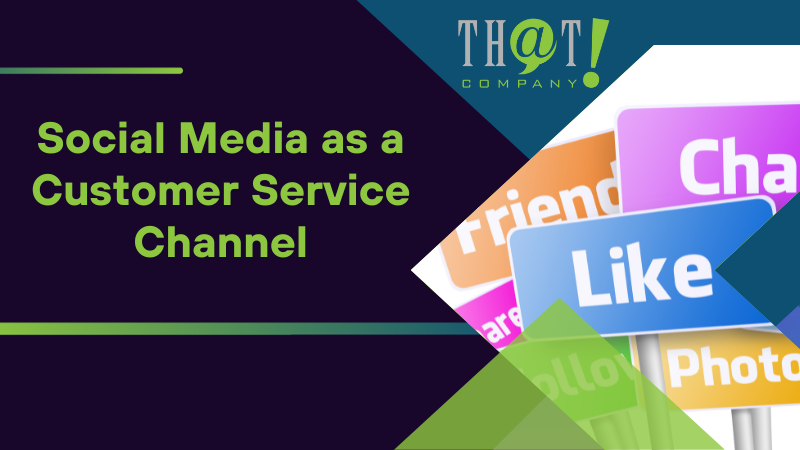
Social Media as a Customer Service Channel
Social media has revolutionized how businesses market their products and services and has surfaced as a vital channel for customer service. By leveraging social media for customer service, businesses can:
- Engage with their customers in real-time
- Provide faster response times
- Resolve issues more efficiently
- Increase customer satisfaction
The tight-knit integration of customer service and marketing has significantly changed the customer experience, resulting in more efficient and streamlined processes.
Monitoring Brand Mentions and Engaging with Customers
Today, social media platforms are not just a place for businesses to promote their products or services but also a platform for customers to voice their opinions, concerns, and experiences. Monitoring brand mentions permits businesses to stay informed about public sentiment regarding their brand, enabling them to address any negative feedback promptly.
Responding to brand mentions also helps to build trust and demonstrates to customers that the business values their input and is committed to providing excellent customer service.
Building Trust through Transparency and Responsiveness
Building trust with customers hinges on two key factors: transparency and responsiveness. By being transparent, businesses can foster trust within the company, ensure honest and open communication, and give customers control over their data.
On the other hand, responsiveness in customer service shows customers that the business is committed to providing excellent service and addressing their concerns promptly. Some companies, like Wistia, have become widely recognized for their transparency and commitment to openness, honesty, and communication.

Navigating Regulatory Control and Ethical Considerations
Despite the numerous benefits social media provides businesses, it also brings its own set of unique challenges. One of these is navigating regulatory control and ethical considerations. With the rise of influencer marketing and the use of customer data for targeted advertising, businesses need to be mindful of regulations such as the Federal Trade Commission (FTC) guidelines and the General Data Protection Regulation (GDPR).
By ensuring compliance with these guidelines, businesses can maintain customer trust and uphold the integrity of their marketing practices.
Adhering to FTC Disclosures and Guidelines
The FTC’s guidelines for social media marketing ensure that endorsements are:
- Honest
- Not misleading
- Following the high standards set by the FTC Act and the FTC’s Guides Concerning the Use of Endorsements and Testimonials in Advertising
These guidelines ensure that advertisers and endorsers create transparent and authentic ads, paving the way for a more trustworthy and credible marketing environment.
By adhering to these disclosures and guidelines, businesses can bolster audience trust and credibility, thereby solidifying their industry reputation.
Balancing Data Privacy and Targeted Advertising
In the current digital era, consumers consider data privacy a paramount concern. At the same time, targeted advertising has become crucial to effective marketing strategies. Balancing these two aspects is a major challenge for businesses.
Businesses can strike a balance between delivering personalized ads and respecting customer privacy by ensuring respect for data privacy, practicing self-regulation, complying with governmental controls, and proactively educating consumers about data use.
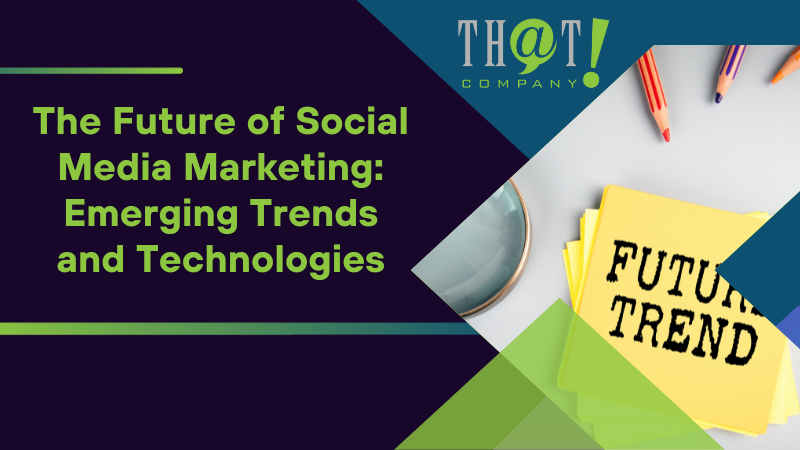
The Future of Social Media Marketing: Emerging Trends and Technologies
As we look to the future, it’s clear that social media marketing will continue to evolve and adapt to emerging trends and technologies. One of the most exciting developments is the rise of AI and augmented reality, which offer incredible potential to transform how businesses engage with their customers.
From AI-powered chatbots that provide real-time customer support to augmented reality experiences that offer immersive marketing opportunities, the future of social media marketing is brimming with possibilities.
AI and Chatbots for Enhanced Customer Experience
Artificial Intelligence (AI) and chatbots are poised to bring a revolutionary change to customer service in social media marketing. AI-powered chatbots can provide instant responses, manage multiple queries simultaneously, and offer personalized experiences by adapting to user behavior and preferences.
By providing 24/7 support, reducing wait times, and increasing customer satisfaction, AI and chatbots can greatly enhance the customer experience on social media platforms.
Augmented Reality and Virtual Experiences
Transforming our world experience, Augmented Reality (AR) and Virtual Reality (VR) are extending their impact to the domain of social media marketing. AR creates interactive and engaging experiences by overlaying digital information in the real world. At the same time, VR offers immersive environments that establish a solid emotional bond between the customer and the brand.
Through sensory-rich and engaging simulations, AR and VR enhance customer interactions with businesses and products, making them more engaging and memorable.

How using a White Label Social Media Management Company Like That! Company Can Grow Your Agency
Agencies can grow with the help of white label social media management companies, such as That! Company that provides seamless, branded social media services. These companies offer an outsourced solution that empowers businesses to handle their social media campaigns efficiently without building and maintaining their in-house teams. This allows agencies to:
- Provide top-quality social media management services to their clients
- Focus on their core competencies
- Foster trust from clients
- Result in cost- and time-effectiveness for agencies.
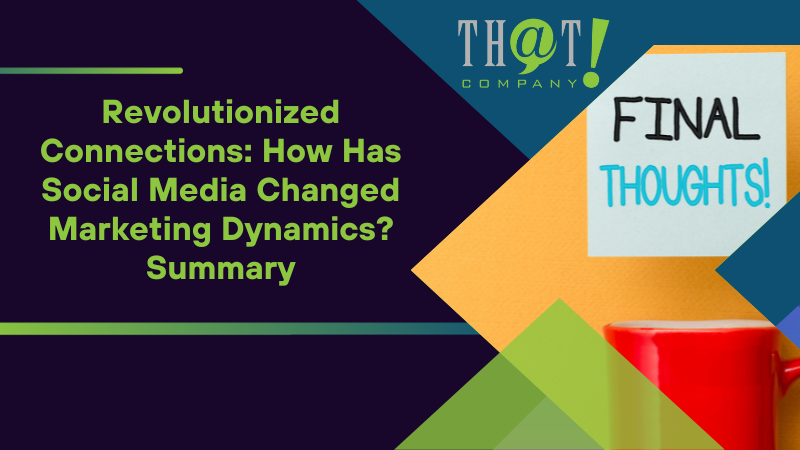
Summary
In conclusion, social media has revolutionized the way businesses approach marketing. From the shift from traditional to digital marketing methods to the rise of influencer marketing and the power of user-generated content, social media offers businesses a multitude of avenues to connect with their customers in meaningful and engaging ways. As we look to the future, emerging trends and technologies such as AI and augmented reality promise to further transform the social media landscape, offering exciting new opportunities for businesses to reach and engage with their customers. Additionally, adopting white label social media solutions, which are customizable and rebrandable platforms provided by third-party companies, presents another avenue for businesses to enhance their online presence and streamline marketing efforts. For those unfamiliar what is white label, it refers to products or services that are produced by one company but rebranded and sold by another.
Frequently Asked Questions
What impact does social media have on marketing?
Social media marketing significantly impacts building customer relationships, increasing revenues, and improving overall business performance. Furthermore, it provides a unique opportunity to connect with a global audience and build brand recognition.
How has the internet and social media changed direct marketing?
The internet and social media have transformed direct marketing, making it more digital with the rise of email and display advertisements. Display ads now enable companies to target specific websites, revolutionizing the way direct marketing is done.
What are the benefits of demographic and psychographic targeting in social media marketing?
Utilizing demographic and psychographic targeting in social media marketing allows businesses to customize their ads and messages to specific audience criteria, leading to more effective audience reach and engagement.
How has influencer marketing evolved?
Influencer marketing has evolved to focus on micro-influencers with highly engaged audiences, resulting in more impactful endorsements. This shift has helped brands better target their desired market and improve the effectiveness of their marketing efforts.
What is the importance of User-Generated Content (UGC) in marketing?
User-Generated Content (UGC) is important in marketing because it creates authenticity and trust, showcases real customer experiences, and fosters a sense of community among customers. Moreover, embracing UGC can help businesses build genuine and reliable connections with their audience.

